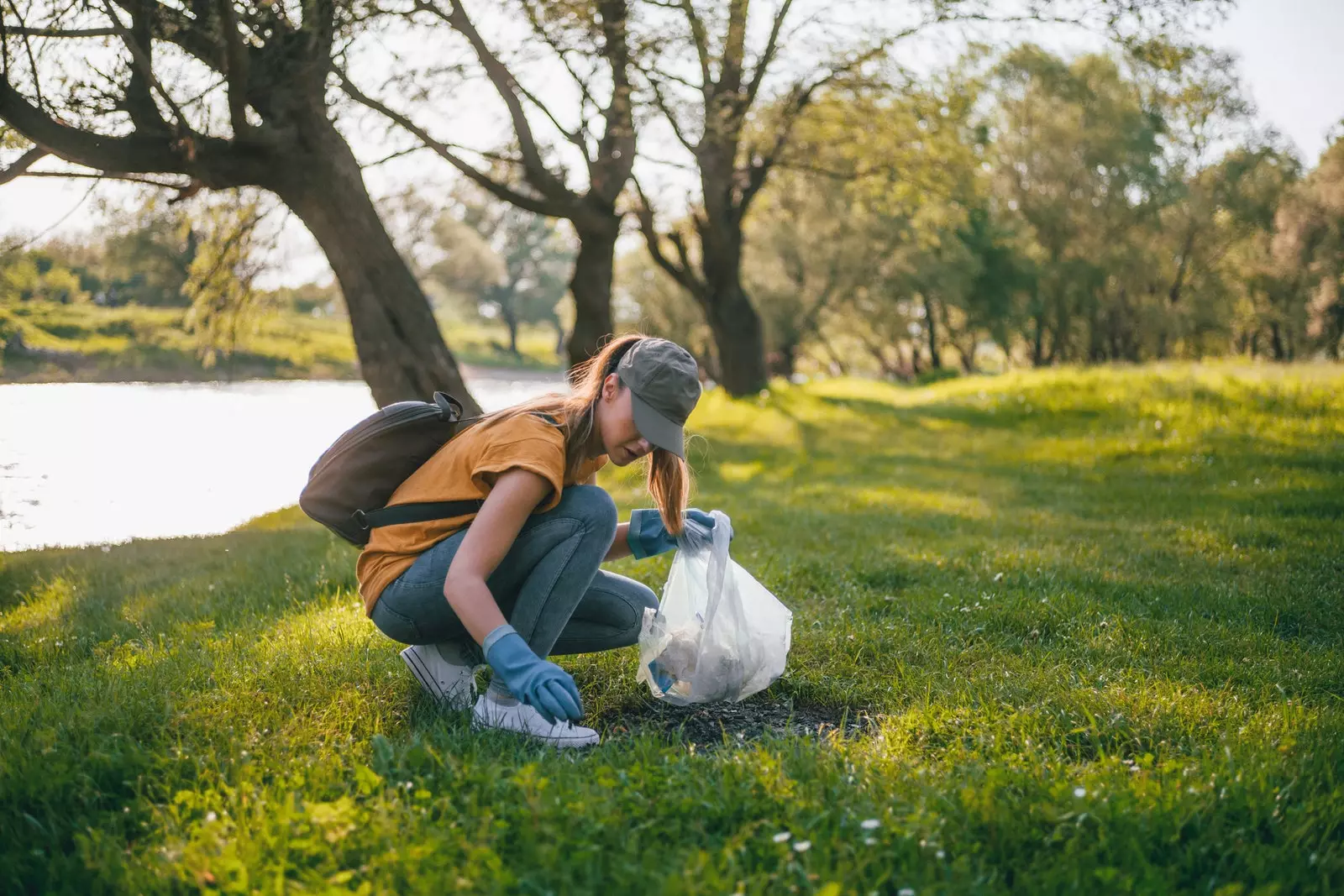
The Danes, an example in recycling.
The denmark recycling system has broken a new record: in 2019, 92% of the bottles and cans generated in the country were recycled.
This is, according to the official website of Denmark,** 1.4 billion bottles and cans**, which represents a saving for the climate of more than 150,000 tons of CO2 , and a 5% increase over the previous year in recycling volumes. What has been the secret? The bottle return system or Dank Retur Sistem.
“The Danish return system is one of the best in the world , especially since the Danes support it. Therefore, the record yield percentage that we experienced in 2019 is also something that all Danes can be proud of,” said Lars Krejberg Petersen, managing director of Dansk Retursystem in a press release.
Its operation is really simple but requires willpower. There are some establishments, which are distributed throughout the country, very similar to vending machines . A single one of them is capable of receiving around 25,000 bottles and cans, which makes recycling even easier.
Danes pay a deposit ('pant' in Danish) every time they buy a container or can , when they return it, the machine refunds that money. But it is not always the same, it will depend on the type of container and its possible recycling.
For example,** there are disposable containers**, which are classified as A, B or C. In A we find glass bottles and aluminum cans less than 1 liter , for those who would return a Danish krone; in B are plastic bottles less than 1 liter , for those who receive 1.50 DKK, and in C, all bottles and cans from 1 to 20 liters , for which the Danes receive 3.00 DKK.
Refillable containers, such as glass bottles, can also be recycled this way , so they are reimbursable based on their weight.
Danish households are preparing for another step in recycling , as stated in the Danish newspaper The Local Dk.** Lea Wermelin**, the Minister for the Environment, suggested that there was still a long way to go to improve waste management systems.
Among her pending subjects are the recycling of plastics, textiles, technological devices and organic waste . "We need a more sensible sorting of waste and we need the Danes to back the project." Currently, they are incinerated every year 370,000 tons of plastic waste in Denmark, a figure that the Danish government wants to reduce.
How? One of the possible solutions is that each container or object is obliged to carry a mark indicating where it should be recycled. In addition to greater separation of waste , because the higher the classification, the lower the amounts of incineration.
